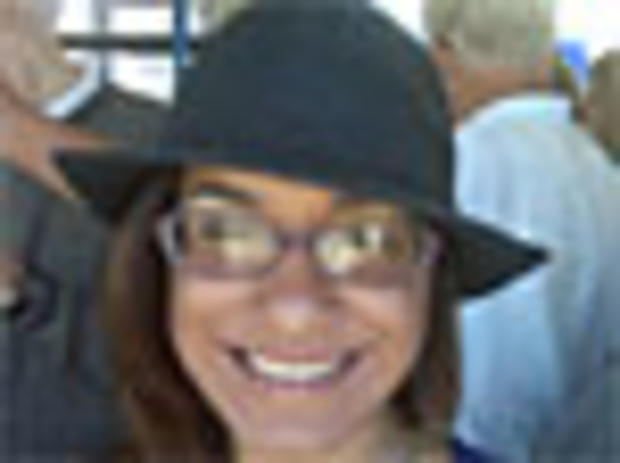TSA Screenings: Alternatives to the Controversial New Process
From a woman diagnosed with cancer having to remove her prosthetic breast to a man whose colostomy bag burst, stories that have surfaced as a result of the Transportation Security Agency's enhanced screening process have garnered national attention and put an unflattering light on the agency -- days before one of the busiest travel days of the year.
CBS News Democratic strategist Jamal Simmons and Republican strategist Matt Mackowiak joined CBS News Chief Washington Correspondent Bob Schieffer on Monday's Washington Unplugged to discuss the issues at play and alternative security methods that could work for both the government and an increasingly angry public.
Mackowiak told Schieffer that the agency's new, controversial pat-down methods have gotten all the attention, but they only account for a fraction of these screenings.
"I think people feel the prescription doesn't quite meet the diagnosis," he said. "The perception is that people are getting pat-downs all across the board when in fact it's only for those who are not willing to submit to a full body scan."
Mackowiak also noted, "Since the beginning of the month, only 1 percent of people have been patted-down. It's a very small percentage. These full body scanners have only been installed in 70 of 450 airports across the country."
Simmons agreed with Mackowiak. "This is very tough politically because people are traveling and there finding this to be somewhat obtrusive," he said.
Simmons also added that while people may not be thrilled about an invasive screening process such as pat-downs, there has to be a procedure in place. "We've got to have some standard that everyone has to go through," he said. "Something we're all comfortable with that protects everyone."
Profiling on a physical basis may not be the answer, and as Simmons told Schieffer, "What we do know is that al-Qaeda is trying to recruit people who don't fit the typical profile -- someone like Richard Reid, a British National who was of Caribbean descent; the American Taliban in Afghanistan. The minute you begin to say 'they look like this,' I imagine these very creative people who are trying to get to us will find someone who doesn't look like that to perpetrate the crime."
Mackowiak also told Schieffer and Simmons that a change should be made, if only because we've publicized our procedures to the very people we're hoping to be protected from.
"One of the things that's frustrating is that it seems like all of our procedures are out there in the public domain," he said. "Terrorists can work the system because they know exactly what we're doing... We ought to have a system that is adaptable, one that can be changed on very short notice."
The answer to that may lie in analyzing the behavior of passengers instead of physical screenings (a method the TSA has employed since 2003). "I'd like to see us go more toward analyzing behavior in terms of screening rather than analyzing what's on their person," Mackowiak said. "If you're paying with cash, if you're going one-way, if you're from a country on a certain list."
Watch Monday's Washington Unplugged above also featuring CBS News' Bob Orr with the latest on the TSA security measures and the Washington Post's Dana Milbank on his new book "Tears of a Clown: Glenn Beck and the Tea Bagging of America."
Lauren Seifert is an associate producer for CBSNews.com. You can read more of her posts here. For more Washington Unplugged, follow us on Facebook and Twitter.
